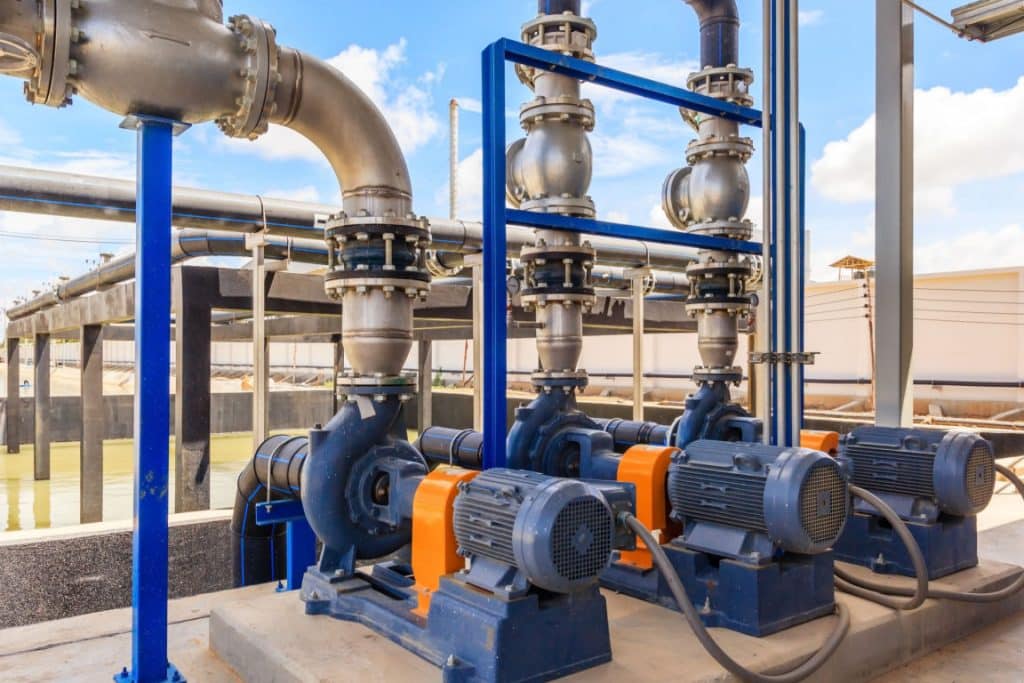The groundbreaking ceremony was presided over on 24 November 2022 by the mayor of Pointe-Noire, Evelyne Tchitchelle. The four boreholes will be located in the KM4 and Mbota neighbourhoods, in the first and fourth districts of Pointe-Noire. This is one of the components of the Participatory Slum Upgrading Programme (PPAB), launched in 2008 by the United Nations Human Settlements Organisation (UN-Habitat) in partnership with the African, Caribbean and Pacific (ACP) Group of States.
The boreholes in KM4 will be equipped with electric pumps and will have a minimum flow rate of 2 m3 per hour. Drinking water will be distributed via a reservoir with integrated taps. Two other boreholes will be constructed in Mbota. These pumping stations will have the same capacity as those at KM4. “The boreholes will be equipped with a 200/220 minute Polyvinyl Chloride (PVC) column, going to a maximum depth of 120 m,” says Jean-Jacques Diella, the technical coordinator of the drinking water supply project.
Read also –
The aim is to increase the drinking water production capacity in the city of Pointe-Noire. According to the United Nations Children’s Fund (UNICEF), only 66% of Congolese have access to drinking water, 56% of whom live in large cities such as Brazzaville, Ouesso and Pointe-Noire. The authorities in Pointe-Noire are also planning to modernise the city’s drinking water distribution networks.
For the record, the PPAB aims to contribute to improving the living conditions of disadvantaged populations in urban areas. In Africa, 63 cities in 34 countries will benefit from this programme.
Inès Magoum
